The Uneven Consequences of Climate Change: COP26, Women, Girls, and the Costs of Inaction
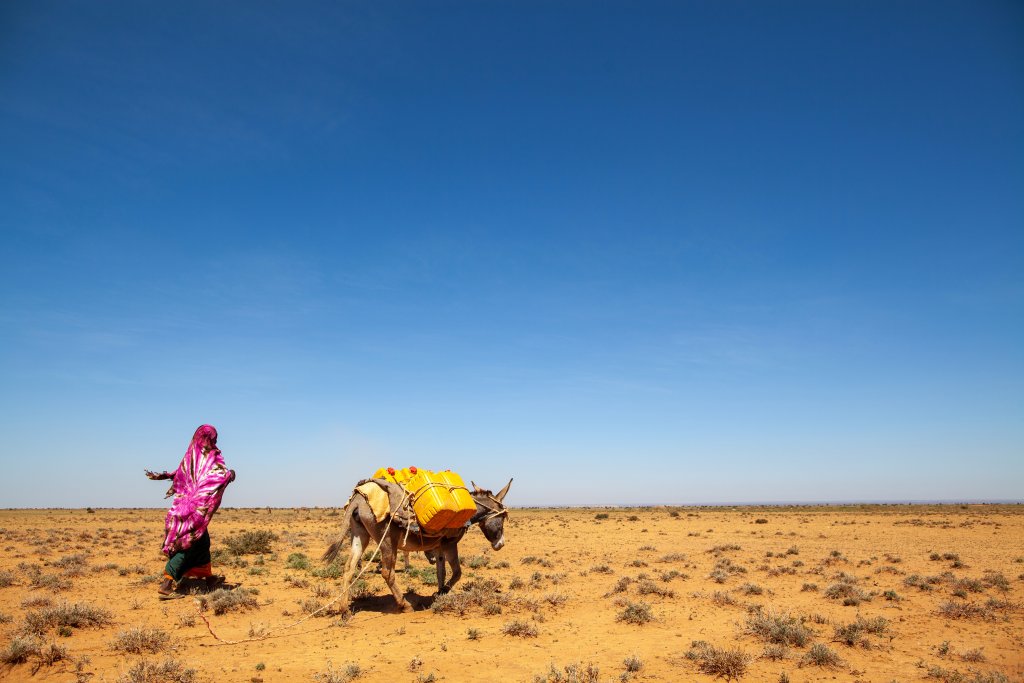
Climate change multiplies existing inequalities and hits people facing the greatest challenges hardest. In many, many cases, this means women and girls.
At COP26, leaders and activists from around the world gathered together to find a way to limit the worst effects of climate change, including for women and girls. Their goal was to keep warming to below 1.5 degrees Celsius. However, many climate advocates were critical of the final deal.
China and India made last-minute changes to soften their commitment to stop using coal, bringing Alok Sharma, president of COP26, to tears. He apologized to climate activists saying, “I am deeply sorry. I also understand the deep disappointment. But I think as you have noted, it’s also vital that we protect this package.”
Women and girls are on the frontlines of the climate crisis and the outcomes of COP26 will directly affect them.
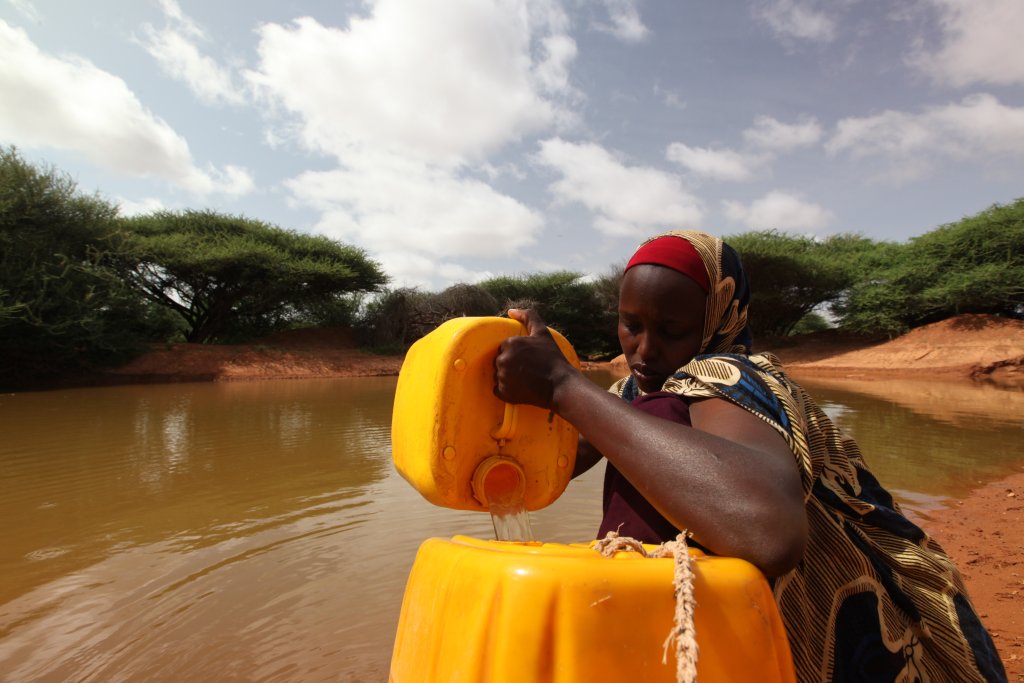
In developing countries, they are the ones collecting water and firewood. But, climate crises have made this work more difficult and more dangerous. When water sources dry up, women and girls must walk farther to find water for cooking, cleaning, and drinking. This can expose them to violence, including trafficking and rape. The same can also happen when storms or changing climate patterns interfere with the availability of other resources, like firewood.
UNFPA is there to support survivors of violence, no matter what. Your support empowers women and girls to be part of their community’s climate response and prevent violence it happens.
Women and girls also manage land for gardening, farming, and livestock. But climate crises have left their plants and animals frozen, drowned, or dried up. Already, families and communities have become climate refugees for this very reason. In Somalia, for example, millions of people faced food disruptions and damage to crops and livestock because of climate disasters.
UNFPA provides care for women and girl climate refugees, no matter what.
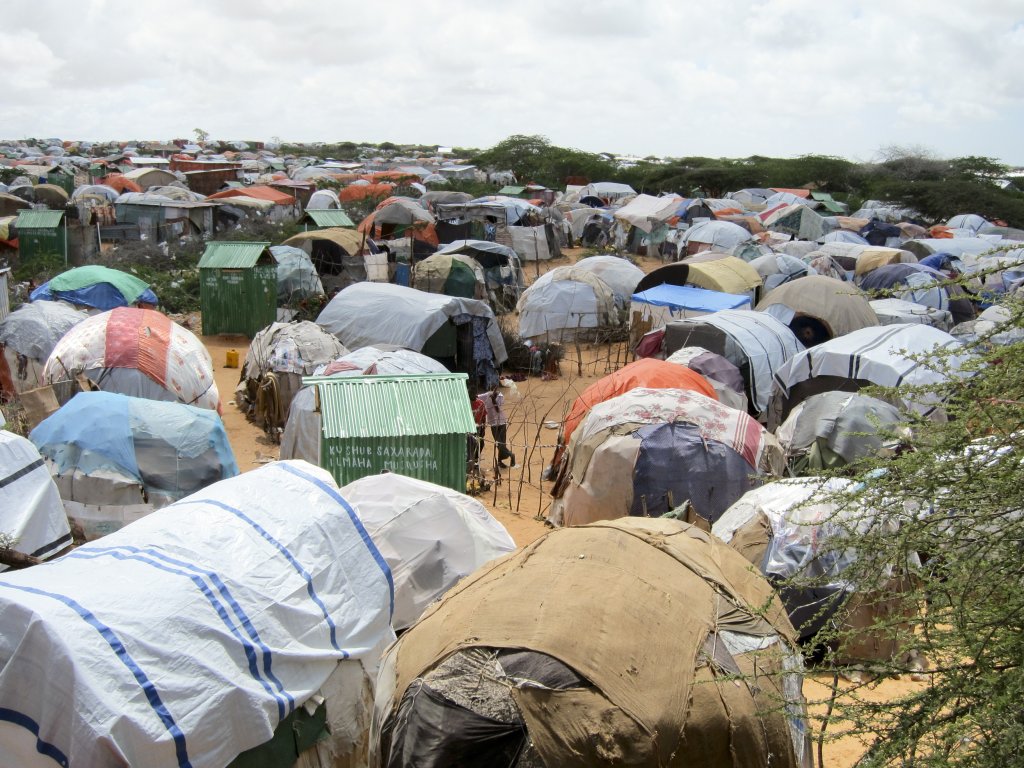
Climate change has already disrupted the life of Hodan, a 14-year-old Somali girl. When her father’s crops dried up, her family moved to a displacement camp. Hodan feels lucky that she gets to attend school at the camp, but after the school day, she spends most of her time looking for water and firewood. UNFPA provided her with a dignity kit. The kit contains items like underwear, menstrual products, toothpaste and a toothbrush, and information on gender-based violence. Hodan says, “The items provide me with freedom and time,” but that, “The [camp] is helpful, but it does not provide me with a sense of home.”
While Hodan was able to stay in school, other girls are not as lucky. When faced with economic hardship linked to climate change, some families will decide to take their girls out of school or even give them away in forced marriage. In addition to child marriage, climate-driven poverty, food insecurity, and pollution negatively affect maternal and newborn health outcomes.
UNFPA works to make pregnancy and childbirth safe by providing women with prenatal and safe delivery care during climate-induced emergencies. Your support makes this work possible.
Speaking Out at COP26
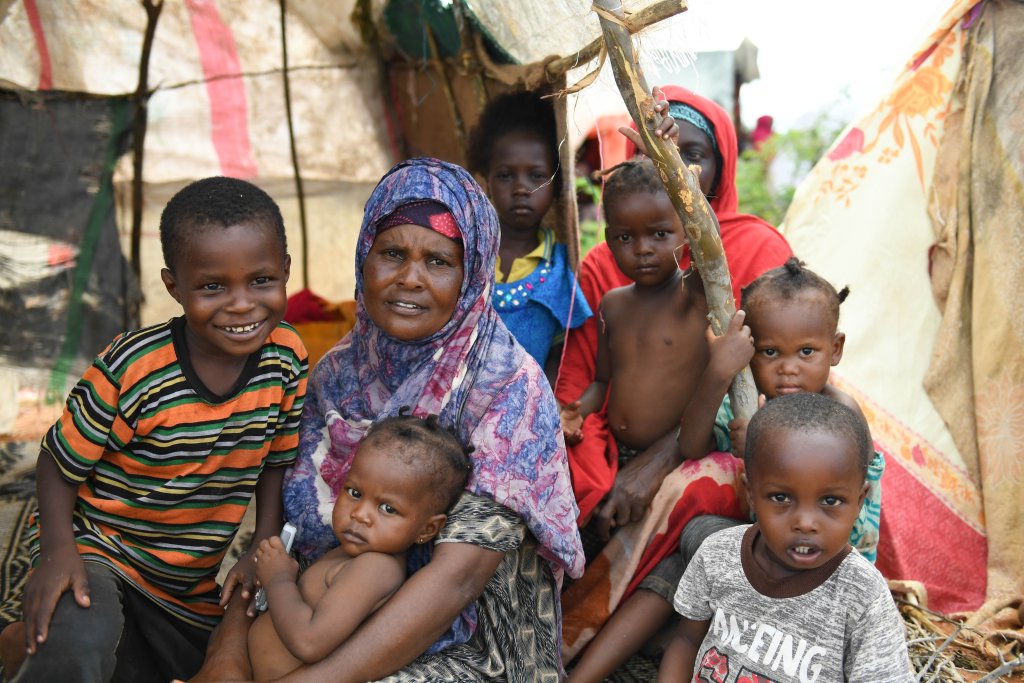
Women and girls spoke out at COP26, with activists demanding more from our leaders, and leaders demanding more from each other. These advocates come from diverse backgrounds and represent island countries, Indigenous communities, and Black communities.
Vanessa Nakate, a 24-year-old climate activist from Uganda, said, “Historically, Africa is responsible for only 3% of global emissions, but Africans are suffering some of the most brutal impacts fueled by the climate crisis.” She went on to explain that limiting warming to 1.5 degrees will not be enough for many parts of Africa.
Mia Motley, the Prime Minister of Barbados, echoed this sentiment on behalf of the world’s island nations. Motley told delegates of COP26, “Two degrees is a death sentence for the people of Antigua and Barbuda, for the people of the Maldives, for the people of Dominica and Fiji, for the people of Kenya and Mozambique, and yes, for the people of Samoa and Barbados. We do not want that dreaded death sentence and we have come here today to say: try harder.”
The Cost of Inaction
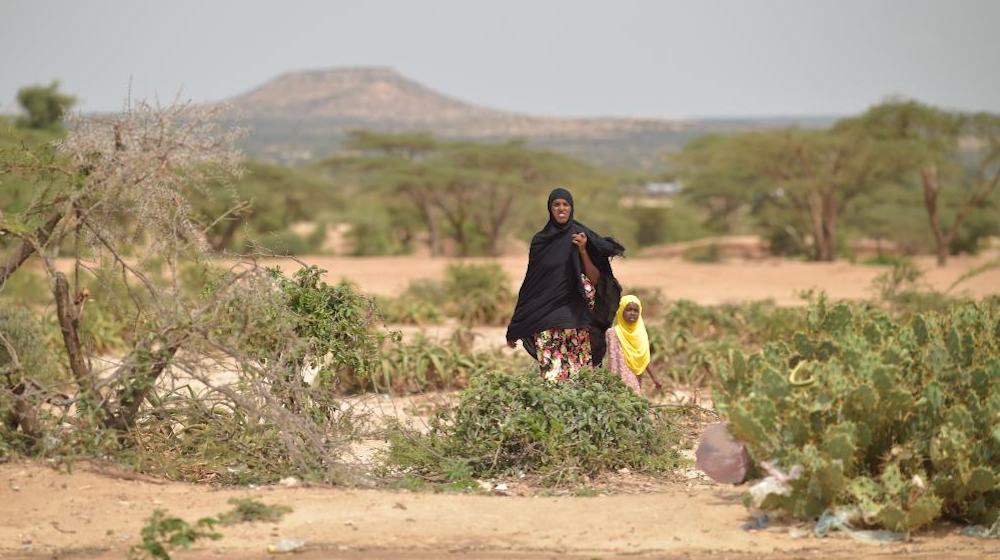
Indigenous people also lamented the lack of response to their needs. Francisca Arara, a member of the Arara community in Brazil, said, “Indigenous people are doing a great favor, not just for ourselves but for everyone. Those who pollute the most and cut the most trees are the ones who make the most money. We who preserve the forests barely see the benefits from that.” The World Resource Institute estimates that at least half of the world’s land and 80 percent of its biodiversity are managed and cared for by Indigenous and local communities, but that these groups receive one percent of official climate funding.
Malala Yousafzai, a Pakistani activist and recipient of the Nobel Peace Prize, also spoke out at COP26. Her organization found that up to 4 million girls may lose their education because of climate change in 2021. That number could increase to 12.4 million in five years. “Climate, gender equality, and girls’ education are not separate issues,” Yousafzai said. When girls lose out on education and employment opportunities, they continue to be shut out of the decision-making processes that could improve the health of themselves, their communities, and our world.
Critics have lamented the relatively small number of women involved in the climate talks. “We need to center women and girls in the climate context – women need to be included at the table,” said Mary Robinson, former UN High Commissioner for Human Rights, former President of Ireland, and Chair of the Elders Group of World Leaders.
Girls like Hodan in Somalia are living this experience today.
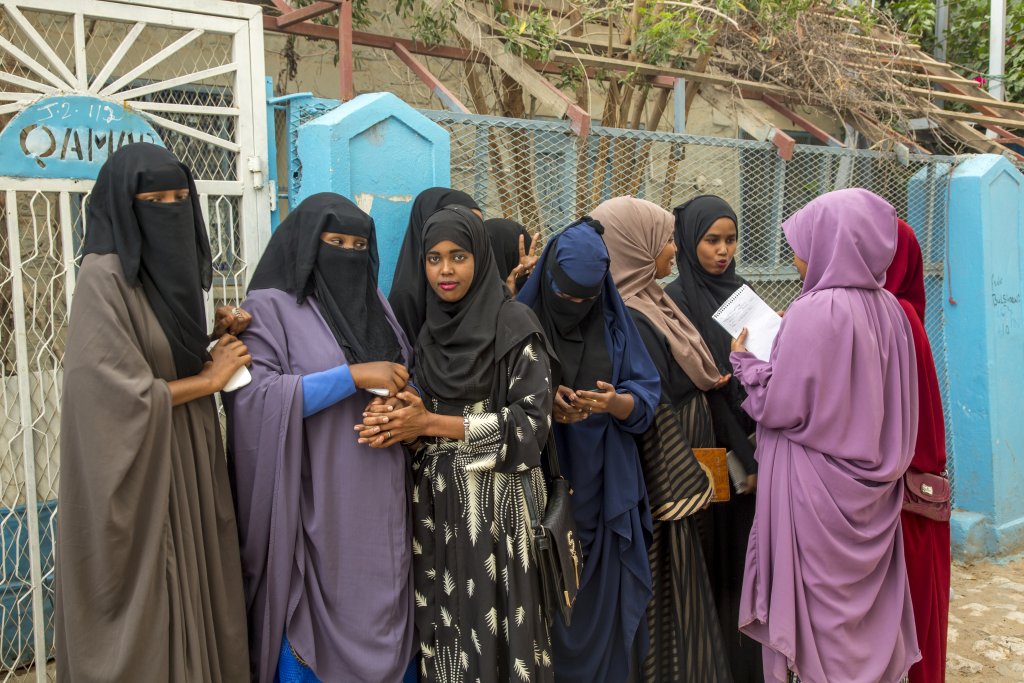
But, with your support, we can make sure their tomorrow is safer and healthier. UN agencies including UNFPA called on leaders at COP26 to do more to address climate change and its affects on women and girls. They want leaders to prioritize the resilience and adaption of local communities and particularly, women, youth, displaced people, and refugees. UNFPA has also urged people around the world to call on their elected officials to ensure the voices of women and girls are heard and their opinions sought in developing climate change adaption and mitigation plans.
UNFPA works to address climate change by investing in the sexual and reproductive health and rights of women and girls. By meeting their basic health care needs, women and girls are more resilient to climate change. And, when women can plan their pregnancies and girls can go to school, they are more able to survive and thrive in a world impacted by climate change.
Become part of the gender and climate justice solution and support women and girls today.
-Dana Kirkegaard